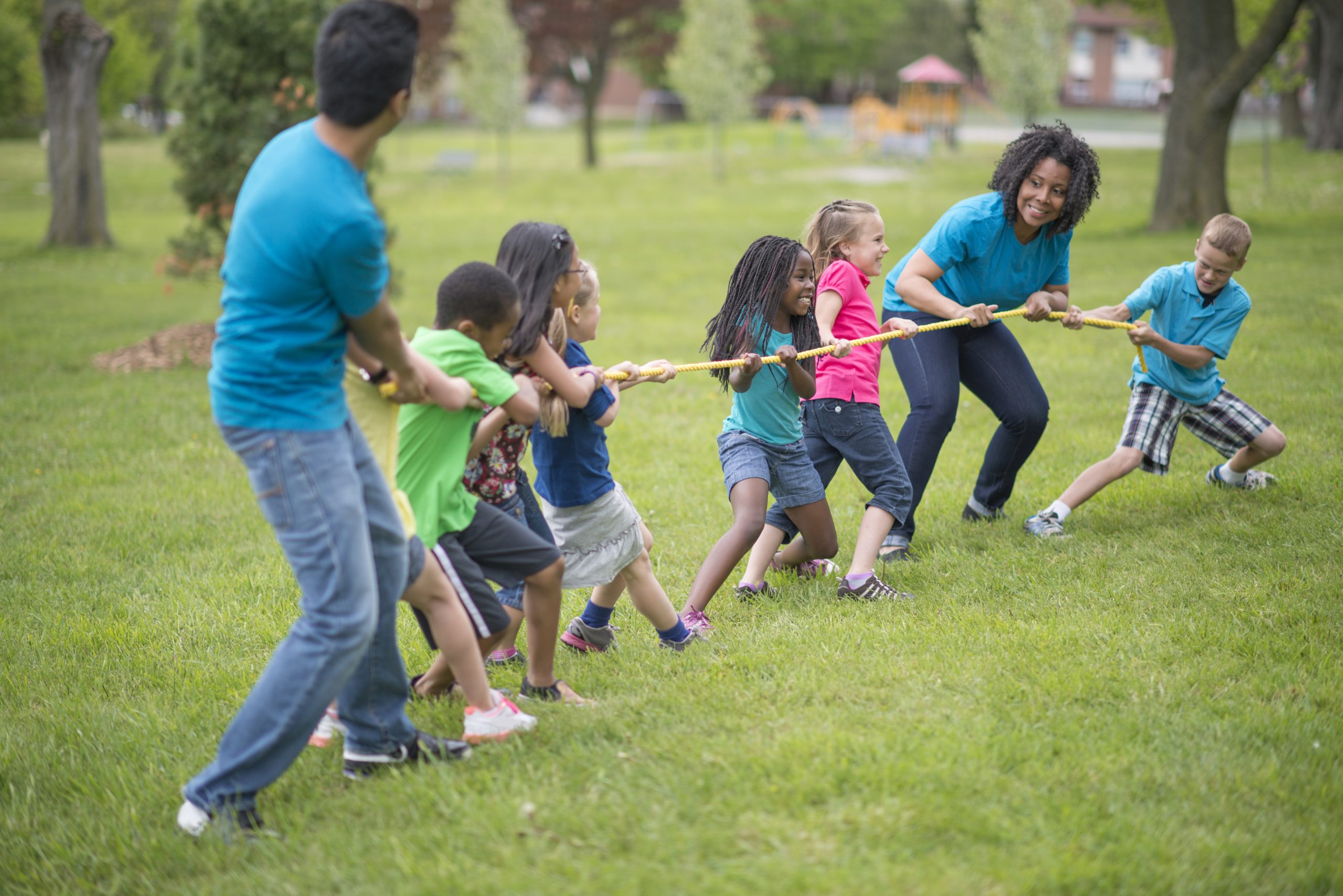Guidelines for Handling Disclosures of Maltreatment
September 9th, 2021 Respect in School, Respect in Sport, Respect Tools & Tips
Across all levels of youth-serving organizations, activity leaders, teachers, and other adults in youth-serving roles have the responsibility to report suspected or disclosed incidents of maltreatment. Below we explore guidelines and responsibilities for reporting abuse, neglect, and other forms of maltreatment, using information adapted from our Respect in School and Respect in Sport programs.
Responsibilities of Activity Leaders
Activity leaders who hear or suspect abuse or neglect have the responsibility to report when:
- A young person discloses abuse, neglect, or other forms of maltreatment
- You witness an incident of maltreatment
- A third-party discloses that a young person is being abused or neglected
- You suspect that a young person is experiencing abuse or neglect
Guidelines for disclosures and reporting include:
- Look for opportunities to speak to the young person about what is going on.
- Remain calm to create a safe space to discuss your concerns. Though you may be experiencing difficult emotions, do not react with shock or disbelief.
- Be honest, up front, and don’t make promises, especially about confidentiality. Make this known clearly by saying things like, “I can’t promise to keep this a secret because we need to keep you safe!”.
- Reassure the young person by saying things like, “You’ve done the right thing by telling me what’s going on. What happened is not your fault!”.
- Assess the need for the young person’s immediate safety.
- Know your role and do not attempt to provide counselling or other support beyond your capacity. Instead, include the young person in the decision-making process.
- Refer the young person to a parent or guardian (unless they are the alleged perpetrator), or an adult with whom they feel safe, like a relative, friend or coach.
- Report incidents or suspicions to child protection authorities or police.
- Do not confront the perpetrator.
- Fully complete an Incident Report and any other required organizational procedures. Your organization may have a standard form, but if not, you can use the form from our Respect in Sport for Activity Leaders program. Completing this report is especially important if there is a criminal investigation.
- Remember to take care of yourself and seek support if you need it. Hearing a disclosure or witnessing maltreatment may be emotionally difficult. While maintaining confidentiality, you can seek support for yourself from trusted friends, family, or the organization.
The Organization’s Responsibility
When a young person has disclosed abuse or neglect, or you suspect maltreatment, the organization must:
- Assist police and/or other authorities in internal investigations.
- Prevent the perpetrator from having contact with the young person.
- Never attempt to conduct their own investigation without first consulting with Child Protection Authorities and/or police.
Reference:
Fairholm, J., (2003) Hearing the Hurt, Changing the Future, 2nd Edition – Preventing Child/Youth Maltreatment, Canadian Red Cross

